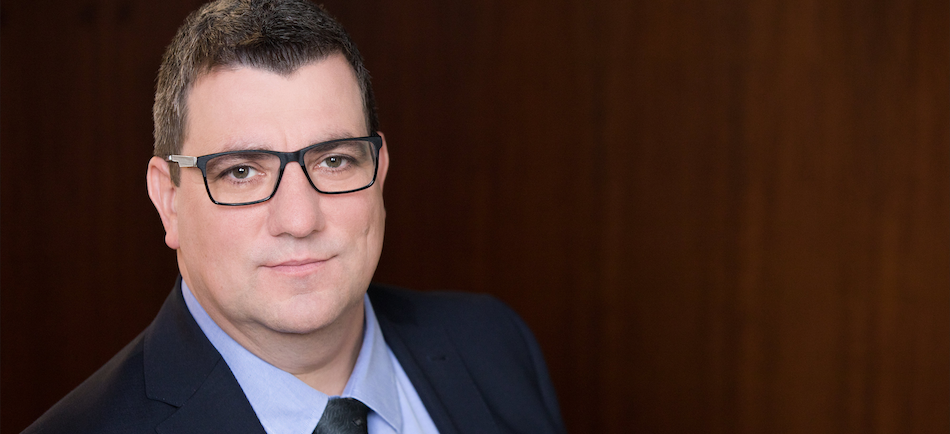“95 percent of all crises are preventable”
Burying your head in the sand is never a good idea in any crisis. Crisis communication expert Jürgen H. Gangoly explains the Dos & Don’ts in difficult situations.
Crises can not only damage the reputation and business of companies and institutions, but also threaten their very existence. The online magazine WirtschaftDirekt asked Skills partner Jürgen H. Gangoly what is important in crisis situations (here is an excerpt from the interview, the long version can be found here).
When can we speak of a crisis or crisis communication? In the context of PR, one always speaks of a crisis when a company, a product or a brand is exposed to the risk of suffering long-term damage to its reputation. Quite essential here is: A crisis begins not only when a reputation-damaging fact becomes known to the public or a larger circle, but already when it occurs.
Are there industries that tend to be unaffected by crises? No, a reputational or corporate crisis can occur anywhere – from individual companies to industrial corporations. We’re not just talking about plane crashes or major fires here. The numerous #metoo cases around the world, for example, have clearly shown that even the misconduct of individual managers or employees can have massive consequences for entire companies and industries. Service and quality problems, attempts at fraud or blackmail, reaching into petty cash – all of these can lead to crises. But particularly large and long-lasting crises arise especially when it is proven that consumers have been deliberately misled. The issues of environmental protection, sustainability and social responsibility have also become massively more important in the last 20 years. If missteps are made here, a corporate crisis can very quickly arise.
Why should you get help from outside, especially in crises? For crisis prevention, it certainly makes sense to get external support for the analysis of the actual situation, for the development and evaluation of potential crisis scenarios and for crisis training. The external view in the risk assessment, what can actually cause damage to the public and what cannot, is essential. For regular crisis training, you also need someone who objectively manages, analyzes and critically evaluates, controls and documents. In the crisis itself, on the one hand, it is enormously important that these scenarios have already been played through and thought through. External support in the acute phase of a crisis is therefore significant because normal business operations must continue despite everything. If the entire management is busy dealing with the crisis, steering the crisis team and crisis communication, day-to-day business will no longer function.
Preparation is good – but you don’t know beforehand what kind of crisis will arise … I would disagree with this. Theory and practice show that probably 95 percent of all potential crises can be anticipated, avoided, or even planned in advance in terms of communication and organization. An incident or crisis that no one has ever thought of is an absolute exception. Let’s take the pandemic as an example: We have been talking about this threat for 15 years. We’ve been talking about the climate crisis and its effects for 50 years – there’s hardly a scenario that can’t be thought through and planned for in advance. That’s why crisis prevention is so important. From my experience as a former firefighter, I can also say: In an exceptional situation, under maximum stress, you can only work through those things that you have already practiced. There is no time to develop strategies or spontaneously try out possibilities.
What are the absolute no-gos in terms of communication in a crisis situation? Burying your head in the sand. However, this is what many companies and institutions do in crisis situations – and still want the support of communications agencies. Silence and hope that everything passes smoothly: This mistake is often committed. The second mistake is a lack of speed. Analyses of real-life crises show that anything that doesn’t happen in the first few hours in terms of reaction and communication is impossible to catch up on. Thanks to social media, even the first few minutes are now crucial.
Couldn’t it still be a good choice to wait and see in individual cases?. Of course, one should not go off unprepared. You have to be fully informed about the facts yourself before you go public. Who communicates ill-prepared too quickly, risks that one is ultimately convicted of misinformation. The problem, however, is that many things only become a crisis because of a failure to react. Let’s take the positive example of SOS Children’s Villages, which itself uncovered an abuse scandal. They took the reins and actively communicated. They held a press conference and were well prepared. If they had waited until this scandal was uncovered from the outside, the brand would probably never have recovered from it.
How does a crisis communication workshop in your agency proceed roughly? Before the actual workshop, there is an analysis phase in which, among other things, potential crises are elicited and existing structures and materials are surveyed. There are many companies that have wonderful crisis plans for individual scenarios and are technically great set up – but in these plans do not take into account the communication. This part can usually be set up relatively quickly. If nothing is in place, you have to start from scratch. Normally, we also develop three to five plausible crisis scenarios that are played out in the workshop. In the process, customers receive practical tips and assistance for preparation – what checklists are needed, which stakeholder groups need to be considered, etc. If desired, these crisis scenarios can also be rehearsed live and unannounced.
